 Obverse: Jose Maria Cordoba; Condor;
Obverse: Jose Maria Cordoba; Condor;Reverse: Liberty; Cartagena fortress
 Obverse: Jose Maria Cordoba; Condor;
Obverse: Jose Maria Cordoba; Condor; Front: General Jose Maria Orellana, President in 1921-1926, who created Quetzal currency;Resplendent Quetzal, (Pharomachrus mocinno) bird;
Front: General Jose Maria Orellana, President in 1921-1926, who created Quetzal currency;Resplendent Quetzal, (Pharomachrus mocinno) bird;
 D. da Fonseca, coffee
D. da Fonseca, coffee Front: Brazilian military officer and politician Humberto de AlencarCastello Branco (President of Brazil in 1964-1967);
Front: Brazilian military officer and politician Humberto de AlencarCastello Branco (President of Brazil in 1964-1967); Compra uma nota idêntica em/You can buy a similar note on:
Compra uma nota idêntica em/You can buy a similar note on: Front: Mythological dragons; Dharma wheel; Royal emblem;
Front: Mythological dragons; Dharma wheel; Royal emblem;
 Front: National Mosque (Bait-ul-Mukarram) in Dhaka; bird;
Front: National Mosque (Bait-ul-Mukarram) in Dhaka; bird; Sheikh Mujibur Rahman
Sheikh Mujibur Rahman Front: Portrait of Sheikh Mujibur Rahman;
Front: Portrait of Sheikh Mujibur Rahman;

 Front: Sun behind Shahid Minar of the Language Movement;
Front: Sun behind Shahid Minar of the Language Movement; Front: Sun behind Shahid Minar of the Language Movement;
Front: Sun behind Shahid Minar of the Language Movement; Front: Sun behind Shahid Minar of the Language Movement;
Front: Sun behind Shahid Minar of the Language Movement;
 Front: Great Armenian composer Aram Khachatryan (1903-1978); Yerevan Opera House;
Front: Great Armenian composer Aram Khachatryan (1903-1978); Yerevan Opera House;

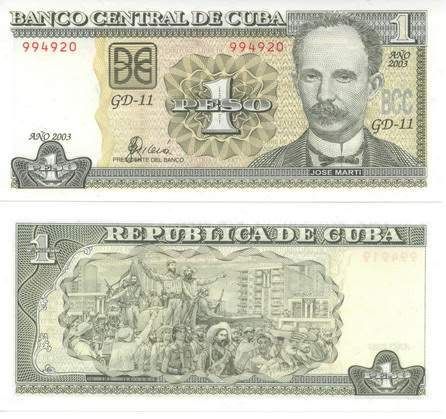 Jose Marti and his birth house
Jose Marti and his birth house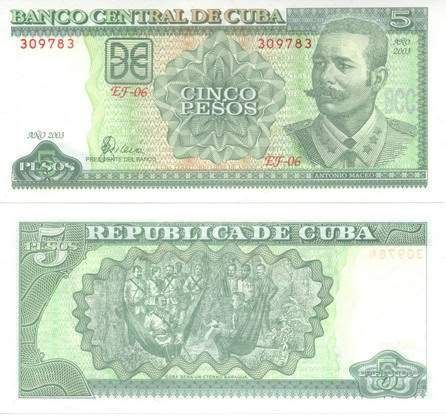 Obverse: Antonio Maceo;
Obverse: Antonio Maceo;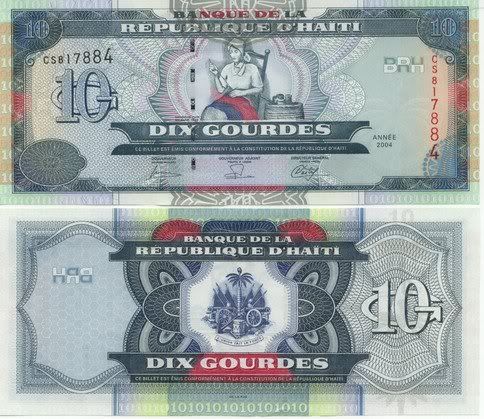 Front: Catherine Flon, the goddaughter of Jean-Jacques Dessalines, sewing the first Haitian flag on May 18, 1803;
Front: Catherine Flon, the goddaughter of Jean-Jacques Dessalines, sewing the first Haitian flag on May 18, 1803;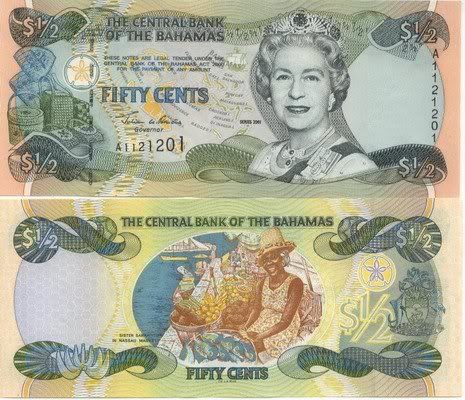
 Obverse: Lake Toba;
Obverse: Lake Toba;
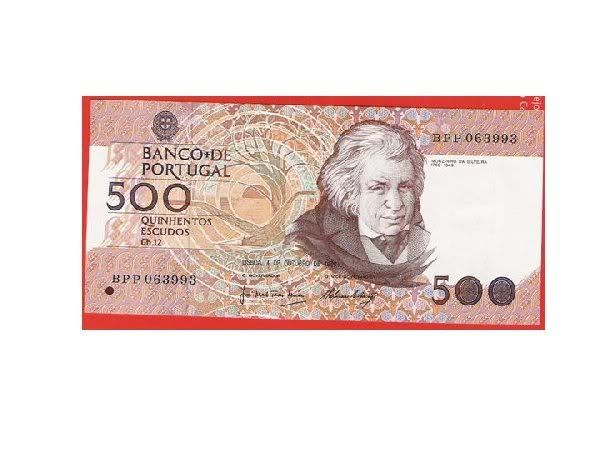
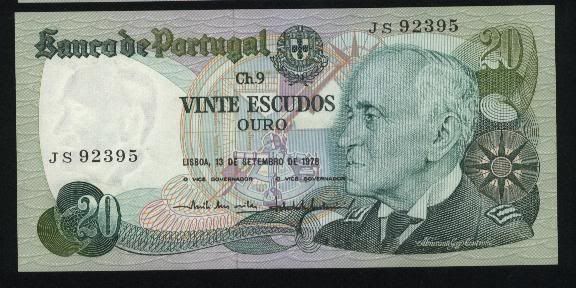
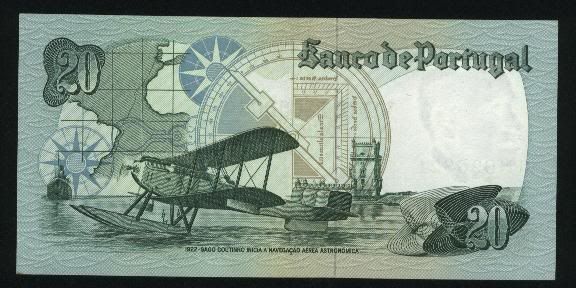
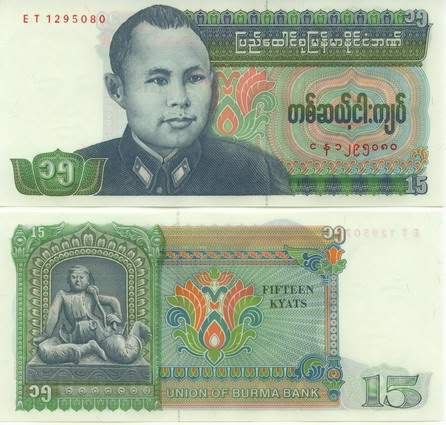
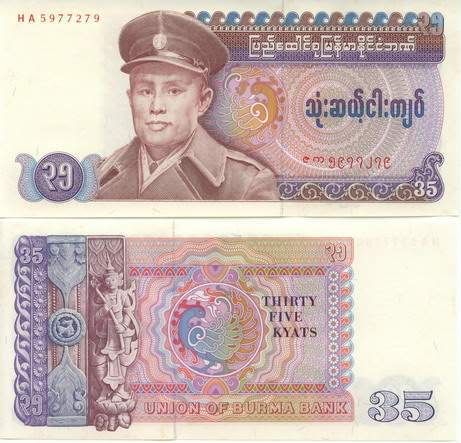
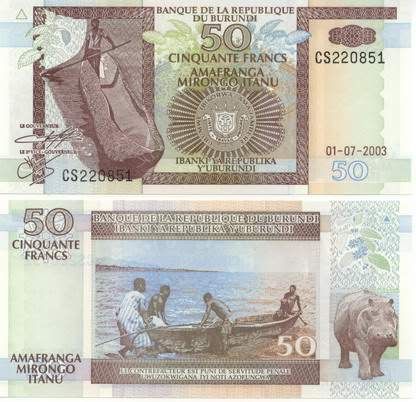 Canoes, hippopotamus
Canoes, hippopotamus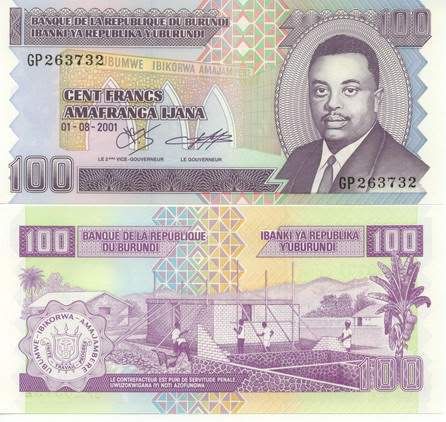
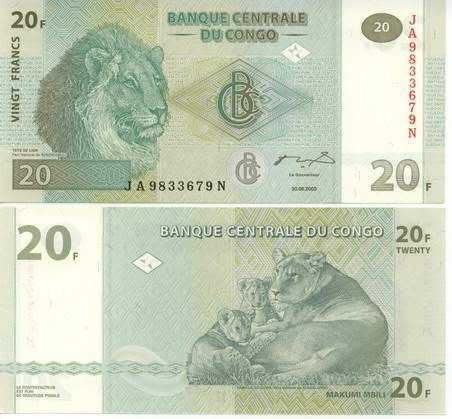 Lion's head; lioness with cubs - Kundelungu National Park
Lion's head; lioness with cubs - Kundelungu National Park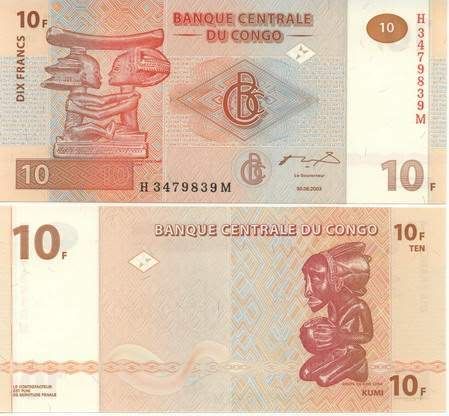 Carvings: Apui-tete Chef Luba; Coupe en Bois Luba.
Carvings: Apui-tete Chef Luba; Coupe en Bois Luba.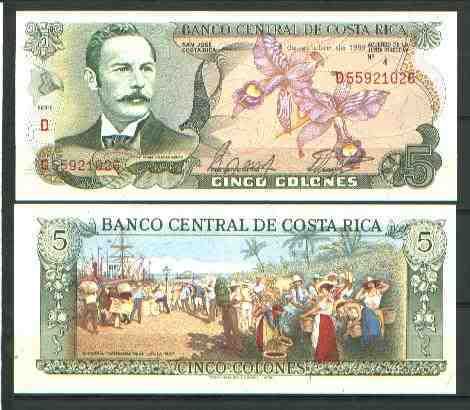 Front: Rafael Yglesias Castro; "Guaria Morada" (Cattleya skinneri), a purple orchid.It was designated the National Flower of Costa Rica on 15th of June, 1939;
Front: Rafael Yglesias Castro; "Guaria Morada" (Cattleya skinneri), a purple orchid.It was designated the National Flower of Costa Rica on 15th of June, 1939;